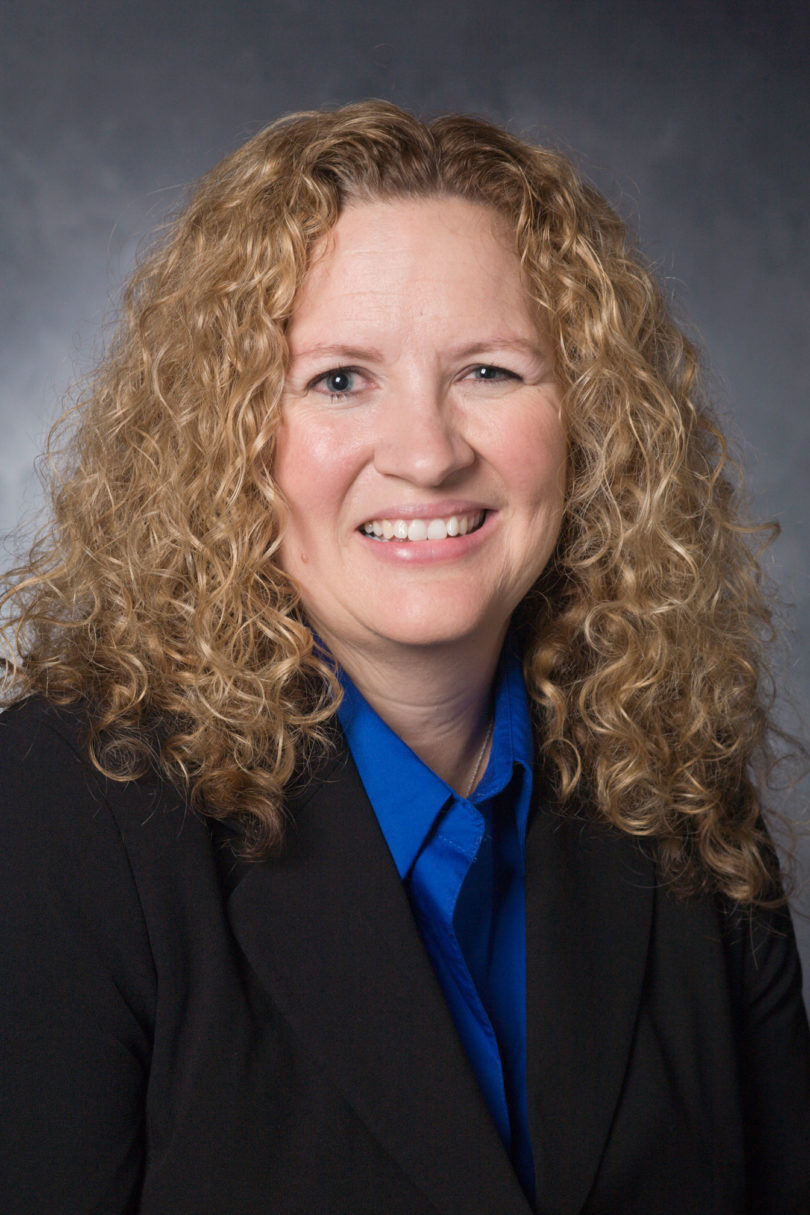The Department of Public Administration and Policy’s graduate program in public administration is considered the nation’s third best, according to U.S. News and World Report. Vicky Wilkins’s groundbreaking research continues to add to the department’s reputation.
In a study entitled “Lipstick and Logarithms,” Wilkins, an assistant professor of public administration and policy in the School of Public and International Affairs, and her co-authors posed the question: Does the presence of women in organizations or bureaucracies influence policy outcomes for clients who share their gender?
“We found that when you examine policy areas that are salient to women, such as public education, law enforcement and child support enforcement, outcomes are positively affected when bureaucrats and their clients share the same gender,” she says.
In one example, the research showed that female math teachers improve the scores of female students.
When asked whether or not men could represent the interests of women and vice versa, Wilkins says, “Absolutely, but there is a shared life experience that comes from sharing gender, and this shared life experience affects certain policy areas and outcomes.
“When women are in positions of power, be it teachers, police officers or child support supervisors, the findings suggest that outcomes are improved for female clientele,” she also says. “In other words, the research supports arguments for increasing the representation of women in public organizations.”
Wilkins is not only building a reputation as an accomplished scholar, she has a passion for teaching and bringing to life topics that at first blush seem dry-public personnel, classification and compensation, and public administration and democracy to name a few.
“Students learn best when I can take down the barriers that limit discussion and make the classroom a place where opinions can be expressed, issues can be addressed and students can speak freely,” says Wilkins. “That is my job.”
Wilkins’s graduate seminars are not only characterized by their vibrant and open discussions, they are associated with public service projects-everything from building playgrounds in Athens to funding the construction of wells and the immunization of 25,000 children in Sudan through the CARE organization.
Wilkins describes public service projects as win-win situations. Not only are the students lending a hand to those in need, they learn about each other and the community, as well as develop a keen understanding of the phases and challenges of implementing a project or policy from start to finish.
Does a project involving pregnant sheep sound strange for a public administration class? This is just the latest project being tackled by Wilkins’s students. In late April, the students will stand on corners around campus raising money for the purchase of pregnant sheep.
“In our affluent society, it is inconceivable that one pregnant ewe can provide a livelihood for an entire family,” Wilkins says. “In parts of Africa, this ewe is the difference between poverty and prosperity, providing food and a renewable source of income for a family in need.”
Part of Wilkins’s fresh approach and ability to break down barriers in the classroom comes from this ability to engage students in common efforts outside of the classroom.
When asked about public service, Wilkins says, “It’s one of my favorite topics. Public service enhances what we do in the classroom.”
It appears that her efforts in the classroom are appreciated. After Wilkins’s first year on campus, she was chosen by graduate students in public administration and policy as the recipient of the Professor of the Year Award. Wilkins has already repeated that honor.








